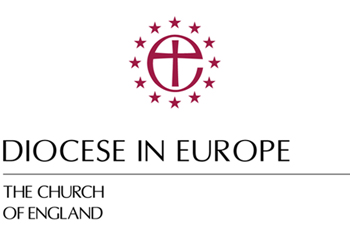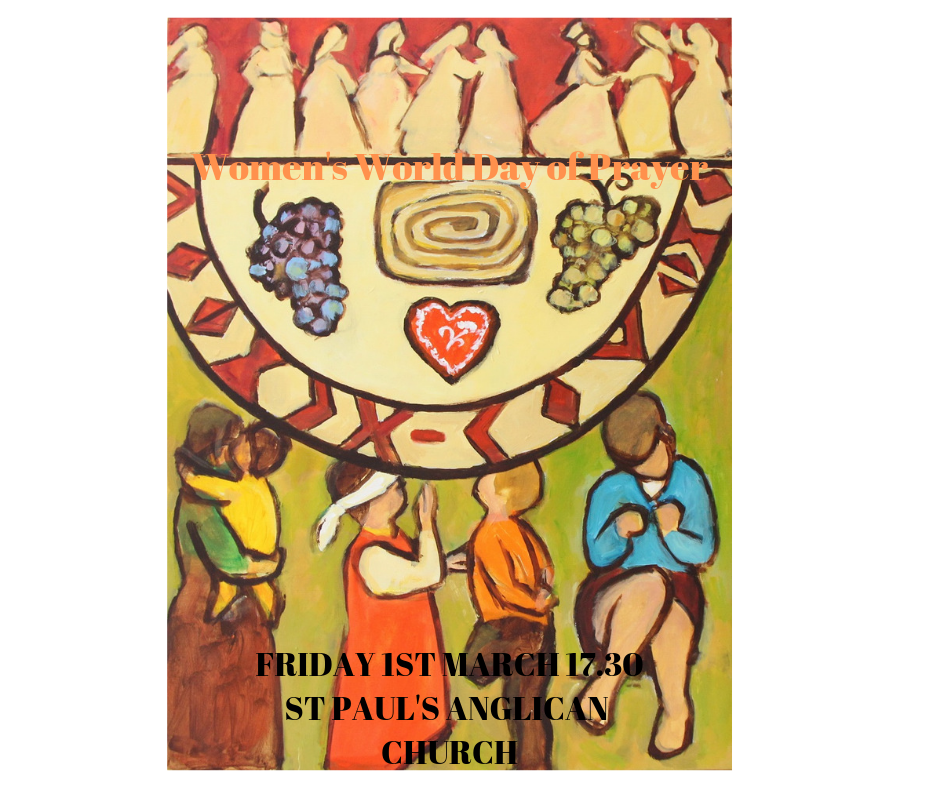Maundy Thursday Sermon 2019 – First of Three sermons preached by Revd. Canon Colin Williams – ex Archdeacon of the Diocese in Europe
It happened on a winter’s Sunday afternoon about fifteen years ago. Quite a long time ago. But still an occasion which I recall with relish. At the time I was living and working in the NW of England. I was an Archdeacon then too. But in those days my title was Archdeacon of Lancaster
In my official capacity as Archdeacon of Lancaster, I had been invited to a special service at our local cathedral One of the privilege that I had been given for that afternoon was a parking space marked ‘Archdeacon of Lancaster’ So I drove round the car park until I: could find it . and then I moved into the space
Now my car wasn’t anything special in fact it was small, it was a few years old and certainly in need of a good wash. The car park was being patrolled by a woman who turned out to be rather officious. And when she saw this dirty beaten up old car being driven into this special place she obviously thought I was some sort of yokel up from the sticks, trying to steal a place which wasn’t rightfully mine.
As I got out of the car she came to me and wagged her finer ‘You can’t park there she said, that’s reserved for the Archdeacon.
Well, the chance was too good to miss. I took my time. I turned away, locked the car, got my stuff out of the boot and then drew my self up to my full five feet 11 and a half, looked her in the eye and said something I had been dying to have the chance to say for years. Madam, I said, Madam, I am the Archdeacon.




